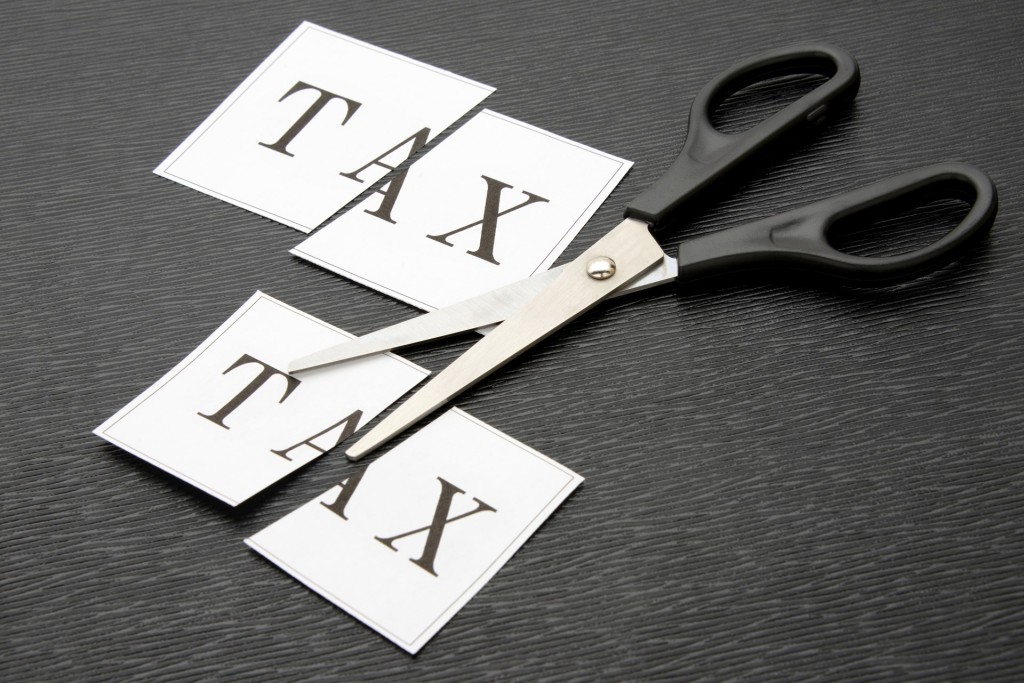Unfortunately, innovation appears also in the field of taxation. Several East European countries have been flirting with various forms of a “retailer tax”. A tax similar (but not equal) to VAT, or the sales tax. Its proclaimed aim is typically to “punish” international retail chains, who have been repeatedly blamed for problems of local farmers and local food and beverages industry. In reality, the tax primarily hits consumers.
The tax was implemented in Poland, Hungary, and since January 1 also in Slovakia. We have described the prolonged battle against this tax in an Atlas blog commentary a few months ago.
While it seemed the battle was lost, hope never dies. This saying proved true in Slovakia. The tax was abolished at the beginning of April, after being valid only for slightly more than three months.
The autumn campaign against the tax, which was led by informal coalition of INESS, several industrial and employer alliances, and pro-market parties (even the trade unions complained about the tax), managed to thrash the official government rhetoric. Public understood that the tax would primarily hit consumers and media dubbed it “the food tax”.
In February, price level statistics for the previous month were released. January was the first month with the tax valid and food prices recorded highest rise in the past 12 months. Even official reports from the Ministry of Finance and the Statistical office contributed about one third of the food price growth to the new tax.
The tax was also a huge distortion of the market. By including a number of complicated conditions, the tax was carefully carved to hit only several international retailers, while keeping local retail chains intact. INESS prepared several analyses of the competitive environment and mapped real-life examples showing that, for instance, two similar stores across the street have had different tax applied due to the new law.
The study were forwarded to the European Commission, which opened an in-depth investigation into the tax and suspended it a few days later.
The Slovak government could have opted to go into a lengthy legal battle with the EC. However, the public opinion was strongly against the tax and so its main proponent, Slovak National Party, had been losing popularity in polls.
The EC’s decision was used as a good opportunity to back off without losing one’s face.
The story of the retailer tax has been a morale booster for INESS and all market-conscious stakeholders in Slovakia. Goal-oriented and persistent efforts can prove successful. This wave of enthusiasm will be more than needed, as on the eve of the forthcoming 2020 parliamentary election, terrible policy ideas will likely start springing up all around the country.
The article was originally published by Atlas Network



